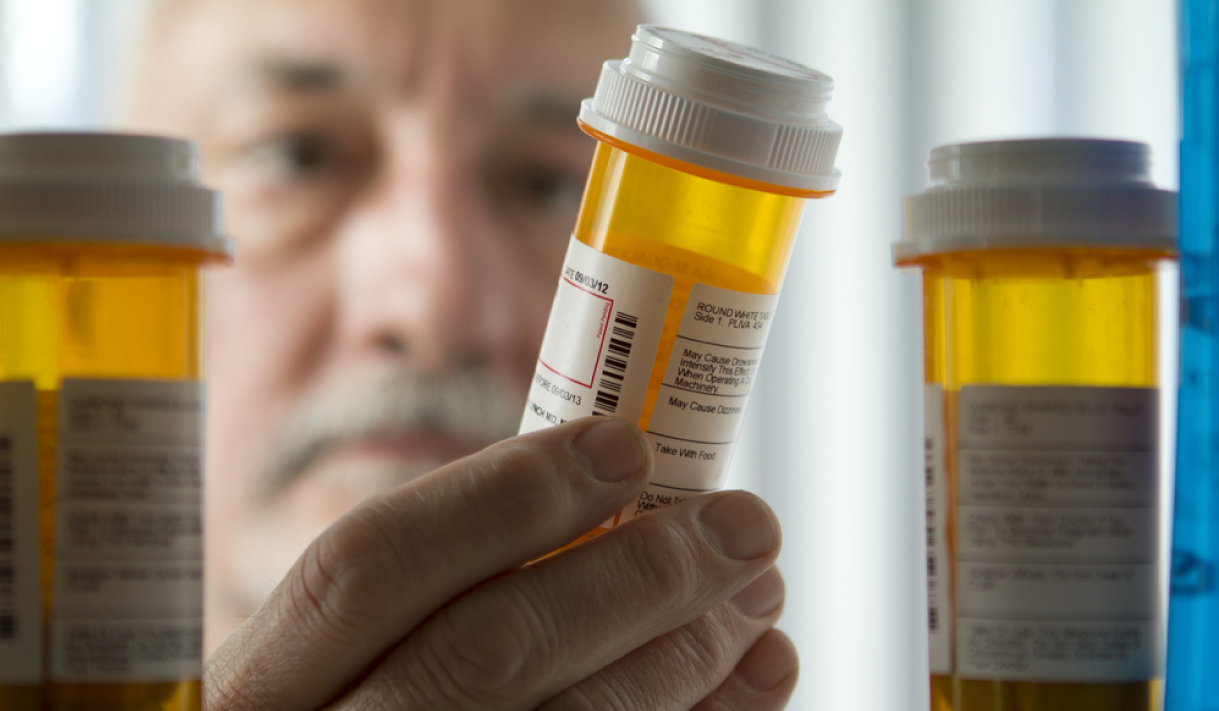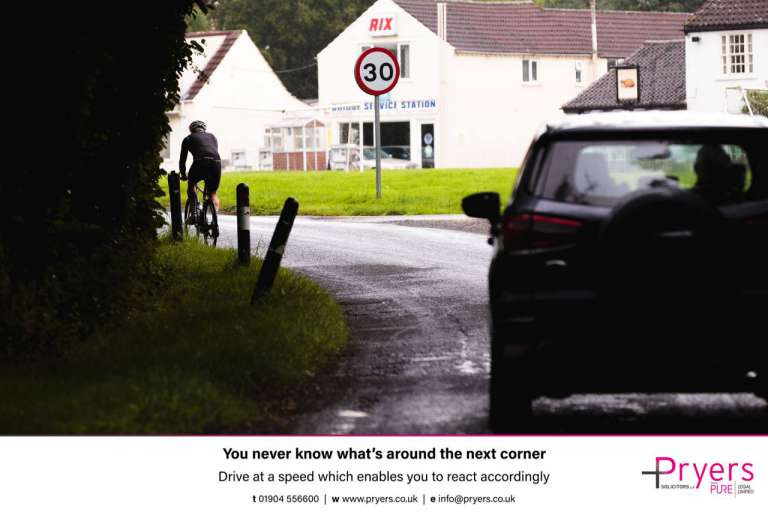Diabetes prescriptions cost the NHS in England more than £1 billion a year, according to new figures from NHS Digital. This is up by almost three quarters from a decade ago.
The total cost of the prescriptions has risen significantly – by more than £422 million – in the last 10 years.
One prescription in 20 is for diabetes treatment and drugs used to combat the condition now make up 11.4 per cent of all prescription costs in primary care in England, according to figures from NHS Digital. Diabetes UK said that the condition was “the biggest threat to the health of our country”, and the National Obesity Forum said that urgent action was required.
Robin Hewings, head of policy at the charity Diabetes UK, said the figures reflect a dramatic rise in the incidence of diabetes.
He said “The number of people diagnosed with diabetes has doubled in the last 20 years, and it is responsible for 26,000 early deaths per year alongside serious complications such as blindness, amputation or stroke.
“This data shows that diabetes prescribing costs £1bn, but it is estimated that the total cost to the NHS is over £10bn a year, so the real price we have to pay for diabetes is not medications, but the devastating and expensive complications.”
The biggest increases are seen in treatments for type 2 diabetes, which affects around 90% of diabetes patients.
Type 2 diabetes is caused by the body not producing enough insulin, or by the body’s cells not reacting to the insulin that is present, resulting in high blood sugar. It may be controlled by diet, or by antidiabetic drugs or insulin, or both. Type 2 is caused by a variety of factors, some of which are out of people’s control, but more than 80 per cent is caused by obesity or being overweight.
Professor Helen Stokes-Lampard, chairwoman of the Royal College of GPs, said it would help if doctors had more time to discuss lifestyle changes with diabetes patients.
She said: “Prescribing is a core skill for GPs, and we are highly trained to make decisions about a patient’s care based on their individual needs and their best interests.
“For many patients with diabetes, medication is essential to help them manage their condition and live a good quality of life.
“But we also know that making straightforward lifestyle changes – for example eating a healthy and balanced diet, losing weight and exercising more – can prevent, delay or sometimes even reverse type 2 diabetes.
“GPs and our teams will have these often quite sensitive conversations with our patients, but our profession is currently operating under intense resource pressures and there is a limit to what we can realistically do within the constraints of the standard 10-minute consultation. Offering longer appointments means offering fewer appointments at a time when patients are already waiting too long to see their GP.”
Pryers Solicitors cares deeply about patient safety. If you, or someone you know, has concerns about how your care has been handled, speak to one of our friendly advisors on 1904556600, or get in touch today.





